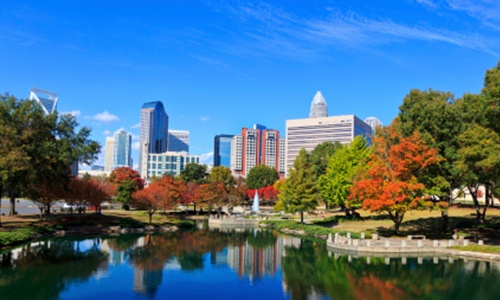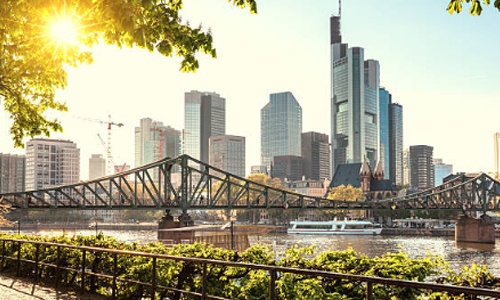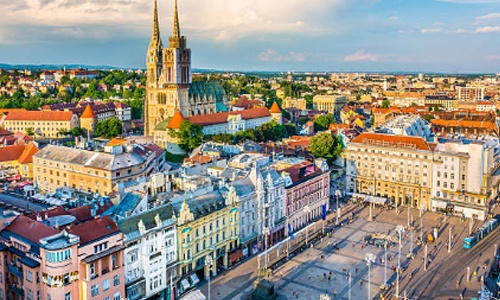
Charlotte, NC
Charlotte has become a major U.S. financial center and is now the second largest banking center in the United States (after New York). The nation’s second largest financial institution by assets, Bank of America, calls the city home. Charlotte has 10 Fortune 500 companies listed in order of their rank: Wells Fargo, Bank of America, Lowe’s, Nucor (steel producer), Duke Energy, Sonic Automotive, Family Dollar, Goodrich Corporation, SPX Corporation, Domtar, Chiquita Brands International. Other major companies headquartered or with corporate operations in Metro Charlotte include: Extended Stay Hotels, Babcock and Wilcox, RSC Brands, TIAA-CREF, Time Warner Cable, Fox Sports 1, ESPNU, Continental Tire the Americas, LLC., Muzak, Belk, Harris Teeter, Meineke Car Care Center, Lance, Inc, Carolina Foods Inc, Bojangles’, Carlisle Companies, National Gypsum, Electrolux, LendingTree, Compass Group USA, Food Lion, and Coca-Cola Bottling Co. Consolidated U.S. Airways regional carrier CCAir is headquartered in Charlotte. Charlotte is also a major center in the U.S. motorsports industry, housing multiple offices of NASCAR as well as the NASCAR Hall of Fame. Major energy players in Charlotte include AREVA, Babcock and Wilcox, Duke Energy, Electric Power Research Institute, Fluor, Metso Power, Piedmont Natural Gas, Siemens Energy, Shaw Group, Toshiba, URS Corp., and Westinghouse. The University of North Carolina at Charlotte has a reputation in energy education and research and its Energy Production and Infrastructure Center (EPIC) trains energy engineers and conducts research.








